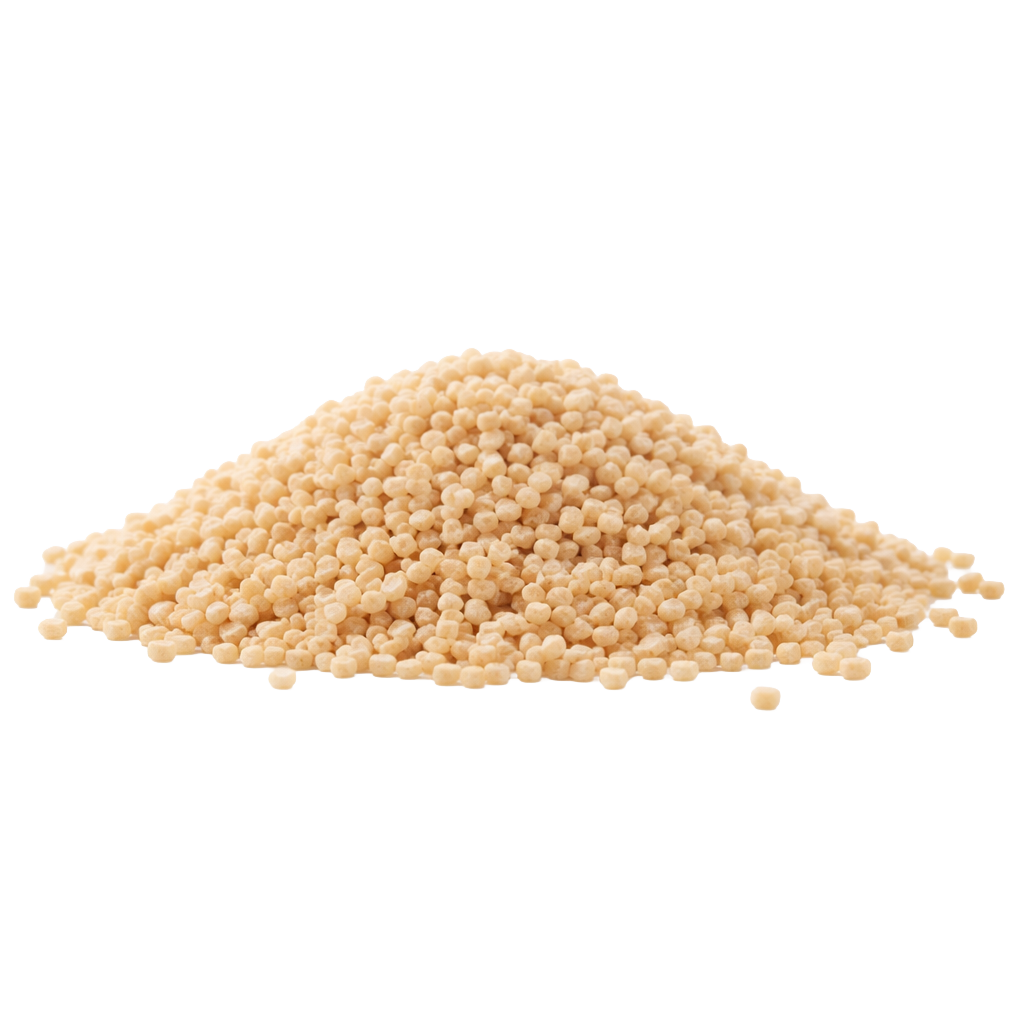1
/
of
1
1 review
Tianan Biologic Material Co. Ltd.
Enmat Y1000P PHBV (pellets)
Enmat Y1000P PHBV (pellets)
Regular price
€40,00 EUR
Regular price
Sale price
€40,00 EUR
Shipping calculated at checkout.
Quantity
Couldn't load pickup availability
PHBV, polyhydroxy-butyrate-co-valerate, is a co-polymer that is part of the polydroxy alkanoates (PHA’s) family. The manufacturing of PHBV involves providing a microorganism a carbon feed source such as dextrose or glucose and a small amount of propionic acid along with suitable nutrients, such as nitrogen, phosphorus or oxygen which encourage growth and multiplication of the microorganisms. Once the number of microorganisms reaches the required point, the nutrients are reduced to create an imbalance, which puts the microorganisms under stress. The microorganism then begins to convert the extracellular carbon source through a series of enzymatic pathways to a reserve energy source in the form of polymeric inclusions within their cell. Under ideal conditions, typically, from 80% to 90% of the cell can comprise the polymeric form of the hydroxy esters conventionally referred to as PHBV. When the mass of the polymer within the cell reaches the maximum level, the process is terminated and the polymeric material is extracted from the cells.
PHBV can be consumed by microbes in soil or water at ambient temperature, breaking down into carbon dioxide and water, hence ideally suited for home composting or in regions where industrial composting infrastructure is lacking. PHBV can also be digested anaerobically, producing methane which can be recovered and used as an energy source.
PHBV can be consumed by microbes in soil or water at ambient temperature, breaking down into carbon dioxide and water, hence ideally suited for home composting or in regions where industrial composting infrastructure is lacking. PHBV can also be digested anaerobically, producing methane which can be recovered and used as an energy source.
Item Attributes
| HDT (°C) - ISO 7619 | 157-165 ◦C |
| Youns modules | 1600-2100 MPa |
| Elongation at break | 3.8% |
| Melting Point | 175-180 ◦C |
| Co-Polymer content | V content 1-2% |
Share
T
T.E. We have been working with Enmat Y1000P PHBV in our research projects and it is a great biopolymer.


